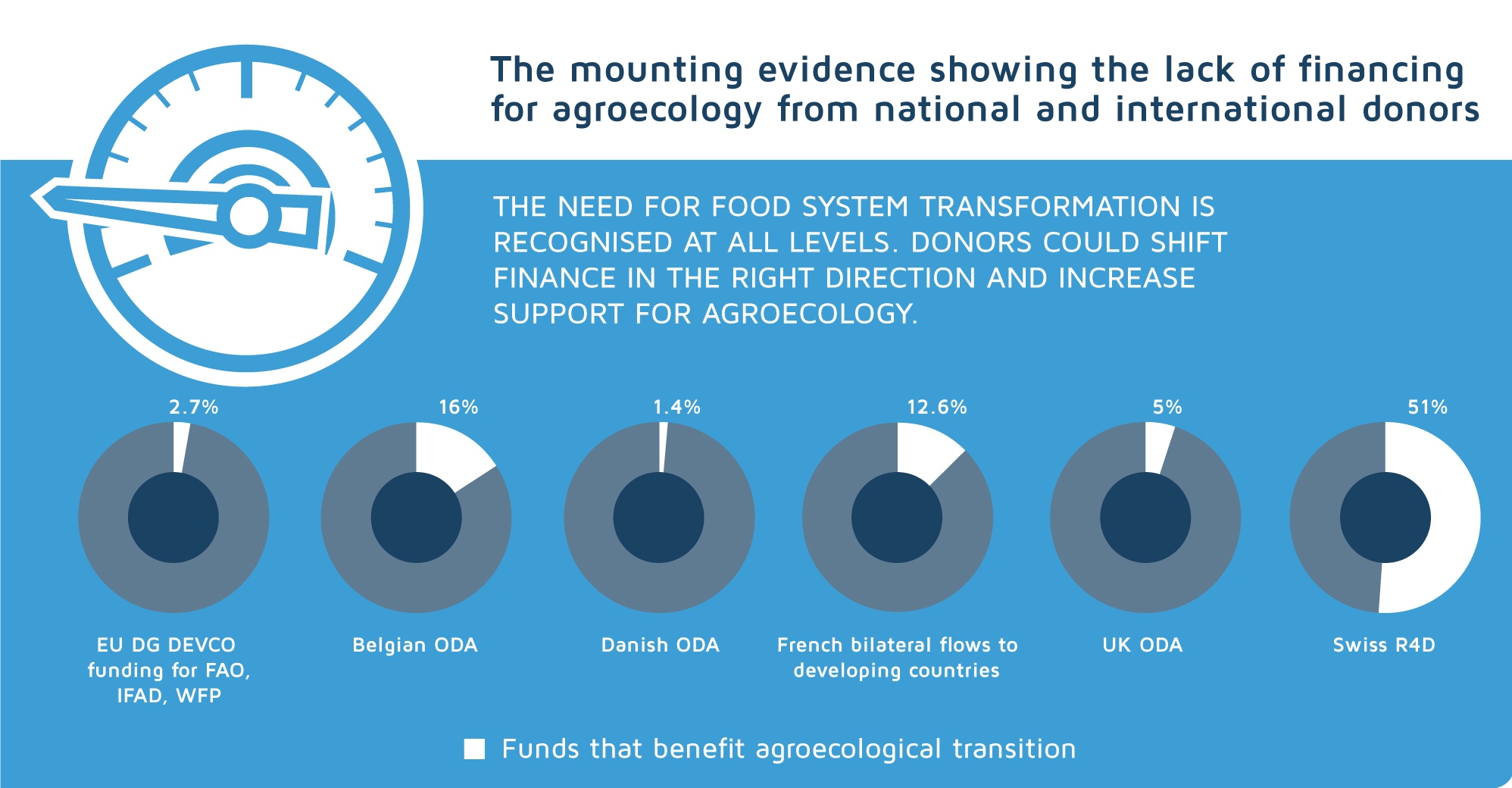Despite mounting evidence showing that national and international donors direct an insignificant amount of funding towards agroecological transition, over the past few years governments and institutions have been showing more interest in its potential. This is the conclusion of Dr. Angela Hilmi, Associate Professor at the Centre for Agroecology, Water and Resilience at Coventry University, contributing to the current debate in this area, who revealed some of the trends and developments in this regard to DevelopmentAid. Despite certain challenges, the shift in the mindset for agroecology financing is obvious and the momentum is growing, she noted.
Why agroecology matters
Agroecology as an approach and as a philosophy represents one of the most discussed solutions to the range of issues related to agriculture, food safety, and rural development as well as natural resource management and climate change.
See also: Agroecology – a solution to world food system’s failure
Not only does it represent an approach that can help to restore soil and on and off-farm biodiversity, it also has a very positive impact on efficiency and therefore farms’ economies, helping producers to make production sustainable.
See also: Agro-silvo-pastoralism turns land healthy and prevents desertification in Portugal
The world falls short to finance agroecology
A recent policy briefing titled Making money move for agroecology- Transforming Development Aid to Support Agroecology notes that:
“Projects partially supporting agroecology represent only 2.7% of the EU funds channelled through FAO, IFAD and WFP projects between 2016 and 2018 […] and 79.8% of the EU funds channelled through the FAO, IFAD, and WFP are still targeting programmes and projects focusing on conventional agriculture and/or efficiency-oriented approaches (such as sustainable intensification).”

The winds of change
According to the International Panel of Experts on Sustainable Food Systems, there is a certain level of inertia in food systems which hinders the transition and this is underpinned by several ‘lock-ins’ that reinforce the industrial agriculture currently in place (e.g., the expectation of cheap food, export orientation, compartmentalised and short-term thinking, concentration of power as well as ‘feed the world’ narratives).
Nevertheless, Dr. Angela Hilmi, who is a member of the Coventry University team involved in the AE4EU H2020 project with the Centre for Agroecology, Water and Resilience that is leading a task to raise public funding for agroecology and AE4EU by contributing to the development of the European Partnership on Agroecology, is rather optimistic about the current trends. According to her, the situation ‘has changed a lot’ and tremendous progress has been made. As an expert who has been working on this for the past 30 years she recalls:
“Funding and research concentrated on commercial farming and there was no recognition and support for peasant farming and for agroecology.”
Hilmi emphasizes a visible evolution in thinking. She refers to the first Symposium for Agroecology in 2014 led by the FAO which can be considered as one of the first signs of political action. At the time, Stéphane Le Foll, Minister of Agriculture, Agri-Food and Forestry in France “was the first one who politically committed to make agroecology a policy for France” and in 2014 dedicated a budget to agroecology, in particular, 6.7 million in assistance to farms in their trials to adopt practices towards an agroecological system e.g., food autonomy for herds, reduction of inputs, agroforestry. This is an example of institutional recognition showing how the government took a firm stance on agroecology and the respective funding strategy followed on from that, comments Hilmi.
At this moment, the European Commission is developing new programs to support agroecology which means that there will be additional funding dedicated to more sustainable forms of farming. According to Hilmi, this is important progress and builds the momentum for agroecology financing:
“When the governments see that the EU is considering and putting money in agroecology that makes change happen so it will be incremental.”


